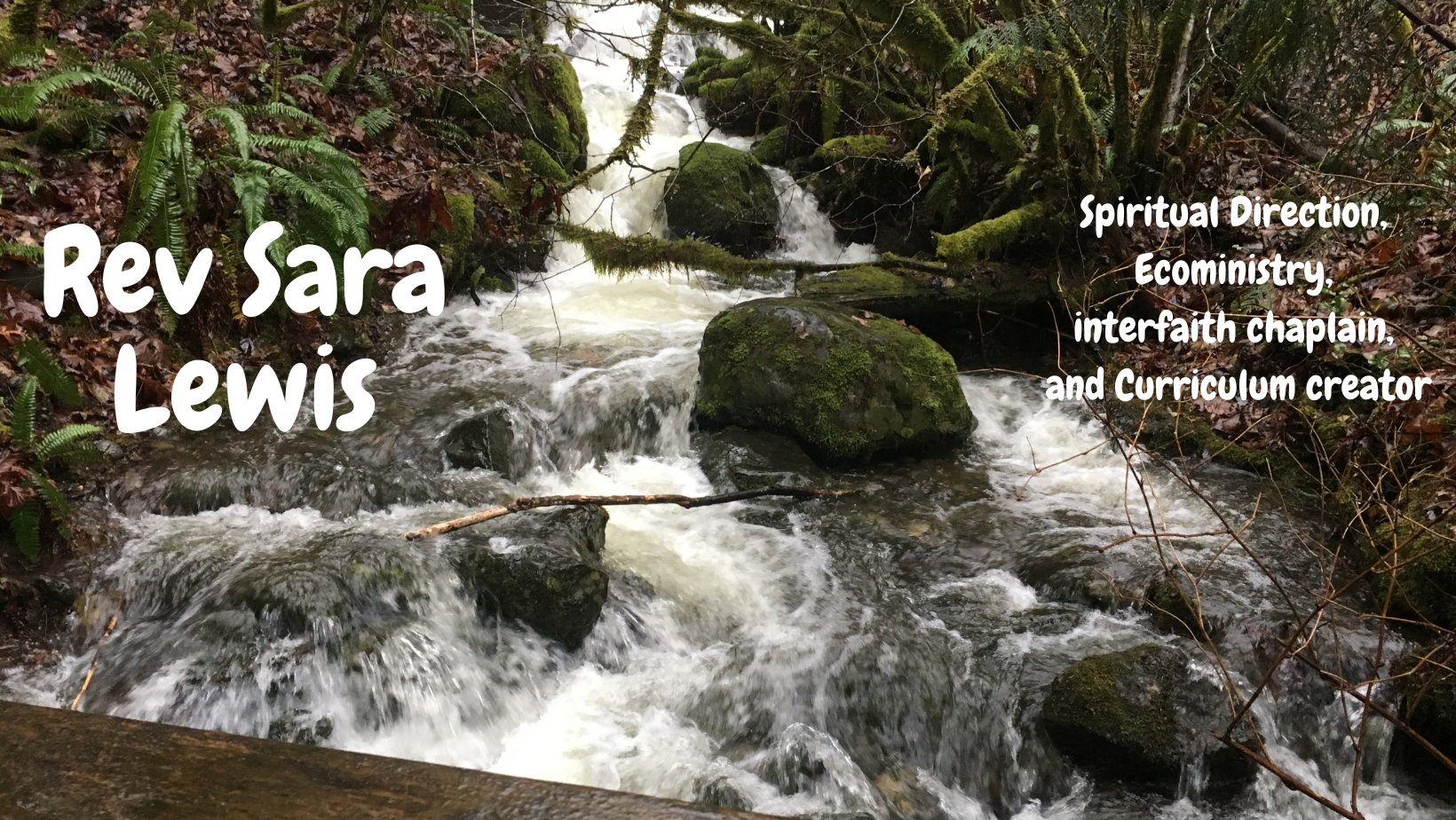I wrote this for my congregation, for a worship service this coming weekend. How do we tell our stories? Others are welcome to use this story or adapt as they wish. The main source I worked from is here.
The Real Story of The First Thanksgiving, by Sara Lewis
I want to talk to you all today about stories, and how we tell our stories.
When I was a kid, probably like most of us here, I grew up with a story about the First Thanksgiving. The story was basically that the pilgrims, who were brave immigrants from England who came to the “New World”, or to what is now America, had struggled but they had survived, partly because of help from their friendly neighbors the “Indians”, who they called that because the first European explorer in this “New World” had been wrong and had thought he had found the country of India, which is another half way around the world from America. But, even though the name Indian was wrong, the pilgrims kept using it.
But anyway, the “Indians” had mostly been friendly and had helped the pilgrims survive, and now the Pilgrims invited the Indians to a Thanksgiving Feast to celebrate that, and everyone ate turkey and cranberry sauce and was happy. The End.
And that story, the one I grew up with, is just wrong. It’s wrong because of the things I’ve already pointed out:
The “New” world wasn’t new to everyone, just to the Europeans who came there. This was already someone else’s home and the Europeans treated it like it was something they could take for themselves.
The people who lived in this land weren’t “Indians”. They were people of many nations and tribes, with many different languages, governments, cultures, and histories of their own. The people in this particular story that took place in what is now Massachusetts were the Wampanoag.
And the story is wrong about the historical facts, too. The Pilgrims weren’t having a Thanksgiving, they were having what they called a Rejoicing. Gratitude for them would have been expressed through fasting and prayer. A Rejoicing was a more rowdy affair. In fact, the pilgrims were celebrating their survival that day by shooting things just for fun, shooting their guns and firing their cannons. They were making a lot of noise.
And the Wampanoags near by heard all this loud ruckus of guns and cannons, and jumped to the logical conclusion that there was some kind of fight happening. So, the Wampanoag arrived, almost 100 of them, as a fighting force investigating all this noise.
Now the history that was written down about this day was written down by the Europeans, and they didn’t write down what exactly was said between the pilgrims and the Wampanoags. We don’t know how they avoided fighting with each other on that day. But what was written down says that the Wampanoags stayed and partied with the Pilgrims for 3 days. They all feasted together, on the locally available food which would have mostly been seafood and venison, maybe some corn based dishes as well.
That by itself isn’t too bad a story, but unfortunately that sharing and friendship wouldn’t last. The Wampanoags, and all the other indigenous peoples of this country, would eventually lose almost all of their lands to the Europeans. Many of them would die. Languages and cultures and histories would be suppressed in favor of European language, culture, and story.
And when I know all of that, the old story I grew up with is not just wrong because it gets the facts wrong. No, now I feel like it’s wrong because it gets the whole point of the story wrong. Now, I feel like we all need a new story. How will we tell it?

Love this!
Thanks for sharing!